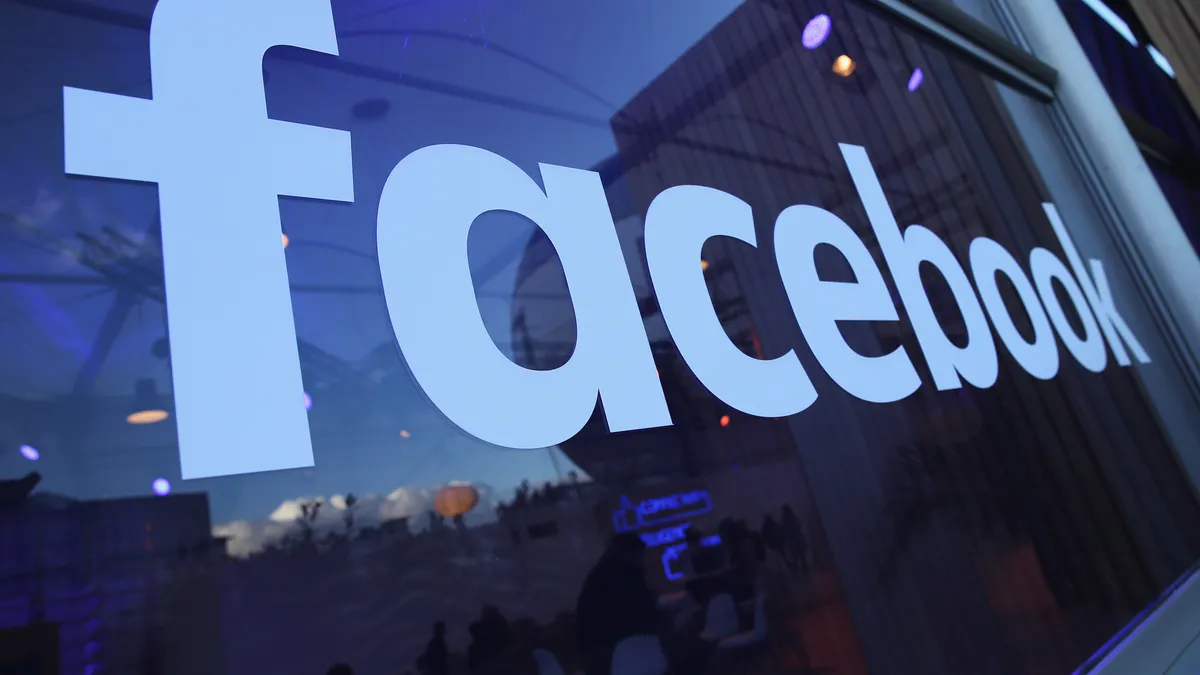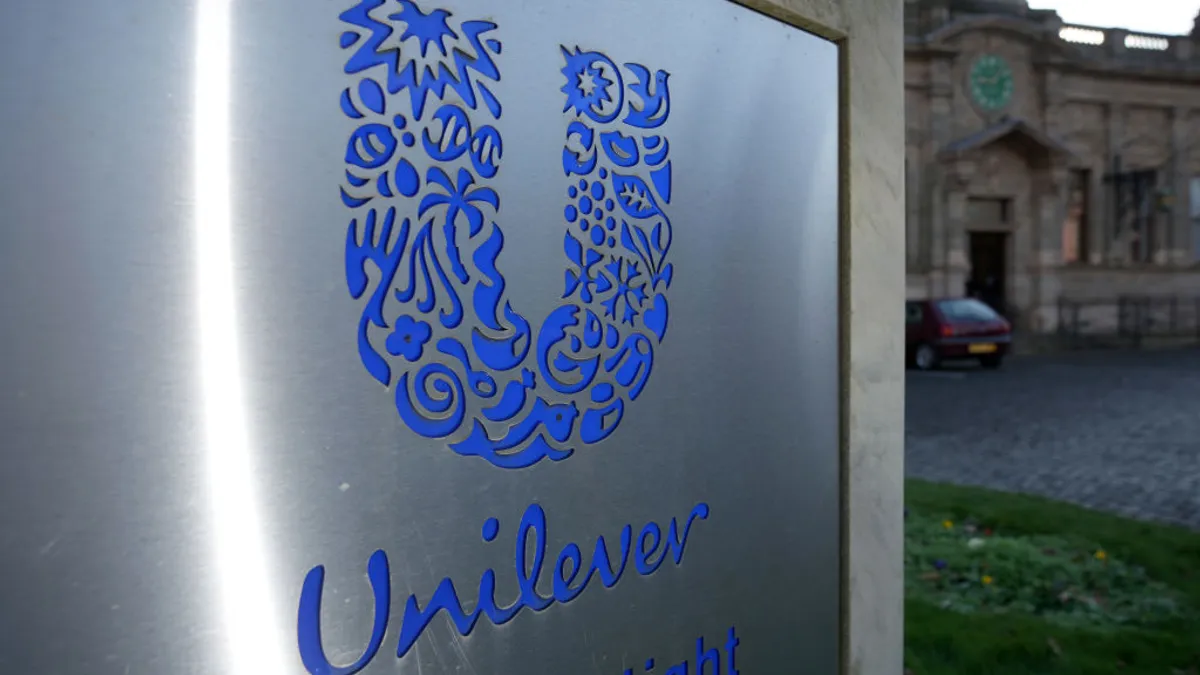It is happening again. Revelations about Facebook's business practices — including recent whistleblower allegations that it turns a blind eye to hateful content and misinformation to maximize profits — are roiling one of the world's most powerful tech companies. In an additional twist, a deluge of negative headlines on Monday was complemented by hours of outages across Facebook's platforms and services, which engineers in a blog post attributed to "a faulty configuration change" on the bedrock routers that power its business.
For marketers that lived through the Cambridge Analytica data privacy scandal in 2018 and the #StopHateForProfit campaign last year that called for boycotting digital platforms that sow division and bigotry, the situation reads as familiar and may push some to again ask the question: How does one justify advertising with a company that potentially causes widespread harm?
"This feels more like Edward Snowden territory, which did cause the U.S. brand damage."

Jay Friedman
President, Goodway Group
Unlike past controversies, another wave of media spending freezes — which previously fell short of hurting Facebook's bottom line — is likely not in the cards. Facebook simply has too many advertisers, most of them small businesses, for a handful of blue-chip brands to make an impact on that front.
"I don't see brands — at this time — taking an activist stance on leading people away from Facebook with overt messaging," Jay Friedman, president of the ad agency Goodway Group, said over email.
Still, Facebook's perceived failures to address what critics view as core problems are adding up over time, and continued scrutiny could have some brands reassessing where they put their dollars amid a tightly competitive social media market and as partners ramp up pressure to examine alternatives.
"Plans are done through the end of the year, the money is allocated, and changing that requires real effort," Friedman said. "However, this time it feels like there is a larger and more permanent dent in the armor such that, if this stays relevant for another month or more, there could be an advertiser impact."
Whistleblower revelations
Facebook has weathered plenty of firestorms over the years, but the one-two punch of a major whistleblower going public over the weekend and the company's technical infrastructure falling to its knees put the latest round of setbacks front and center. With popular apps like Instagram and WhatsApp down for about six hours Monday, people took to rival platforms to make potshots about the damage Facebook does to society and joke about the upsides of those sites staying dark.
The jeering was fueled in part by a viral "60 Minutes" segment interviewing Frances Haugen, a former Facebook product manager who leaked a trove of internal documents that serve as the basis for The Wall Street Journal's Facebook Files investigative series, which delves into detail about myriad problems allegedly exacerbated by the firm's products. Among those problems are the harm Instagram does to teenage girls' mental health and a critical decision made in 2018 to change the algorithm in ways that may amplify divisive content. Haugen is testifying before Congress on Facebook today.
"A '60 Minutes' appearance and 'thousands of documents' changes this a bit," Friedman said of Facebook's vulnerability now versus during past controversies. "This feels more like Edward Snowden territory, which did cause the U.S. brand damage."
An underlying theme of the Journal's reporting — and a key sticking point for Haugen — is that Facebook is aware of its issues and has even conducted extensive internal research to that effect, yet it doesn't take proportional action because doing so might negatively affect revenue or engagement. Facebook contested those claims, including by pointing to its steeper investments in improving safety since 2016.
Technical snafu
As the back-and-forth continues, marketers may also wonder how such a deep-pocketed company could suffer an hours-long outage that kneecapped everything from the core big blue app to products like the Oculus virtual reality platform. The technical snafu cost Facebook an estimated $102 million in revenue, according to an analysis performance marketing platform Affise shared with Marketing Dive. Small- and medium-sized businesses (SMBs) that depend on Facebook to reach consumers could feel the hit most acutely.
"This is yet another moment in time where brands should reassess their paid social strategies to determine how much of their ad spend is concentrated in a single platform ecosystem and determine a diversification strategy to reach their target audience without the increased risk of reliance," Mike Proulx, vice president and research director at Forrester, said over email.
Marketers were already contending with other Facebook-related challenges, including changes Apple made to user tracking that potentially hinder ad-targeting effectiveness. They are primed to cause a more meaningful dent in revenue down the line. At the same time, other industry players simply appear fed up with dealing with platforms viewed as contributing to the misinformation crisis. Agency giant Interpublic Group last month published a report encouraging clients to consider shifting more of their media dollars toward trusted publishers while criticizing sites like YouTube and Facebook, Insider reported.
"If brand values or corporate social responsibility principles do not align with the ability of any given platform to moderate their platform, then serious consideration should be given to whether that platform is appropriate for the brand," the "Dis/Misinformation Challenge for Marketers" report reads.
Facebook is expected to report its third-quarter earnings in early November, per Nasdaq.






















